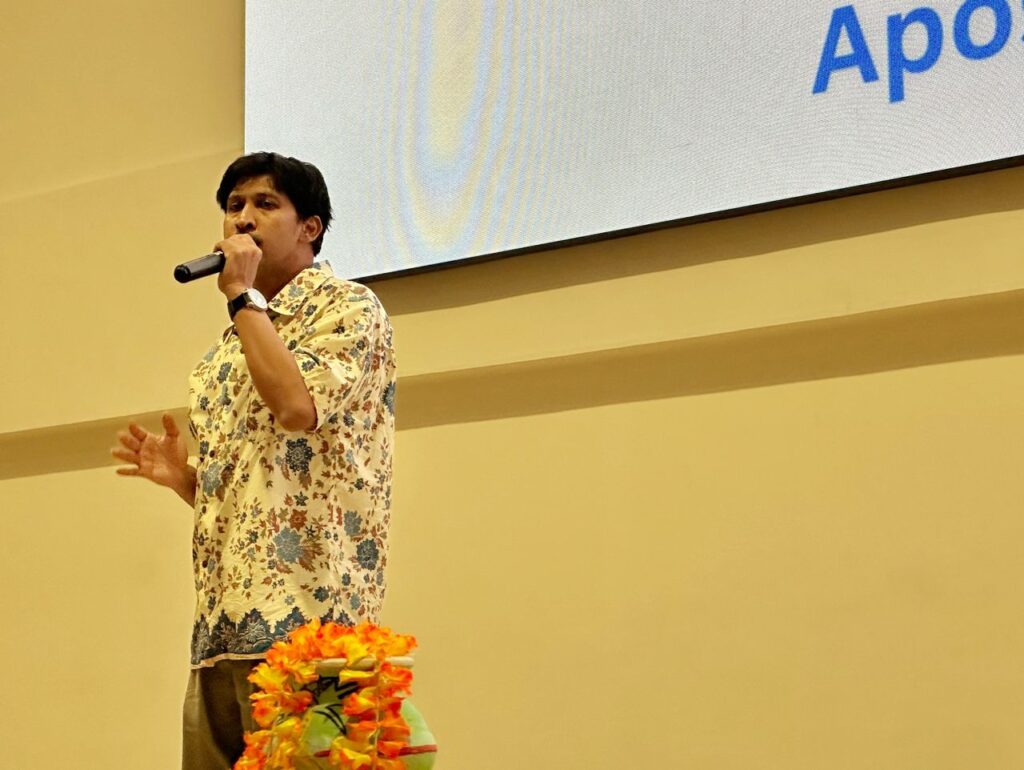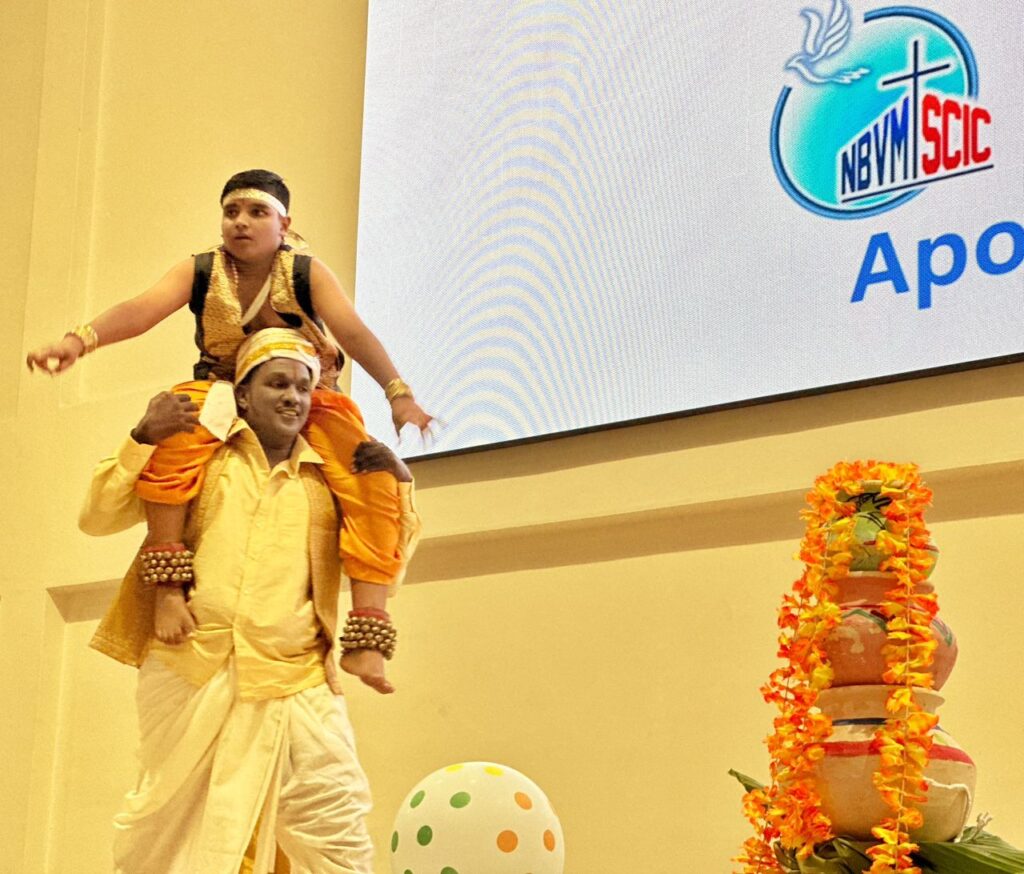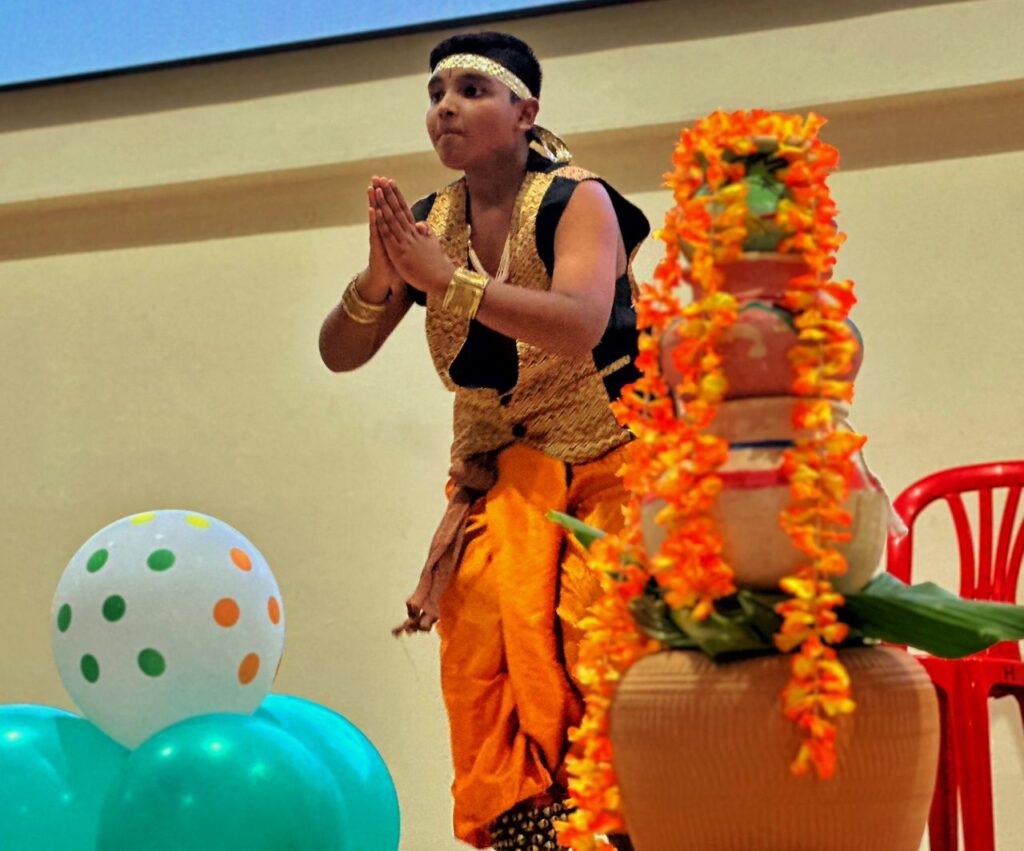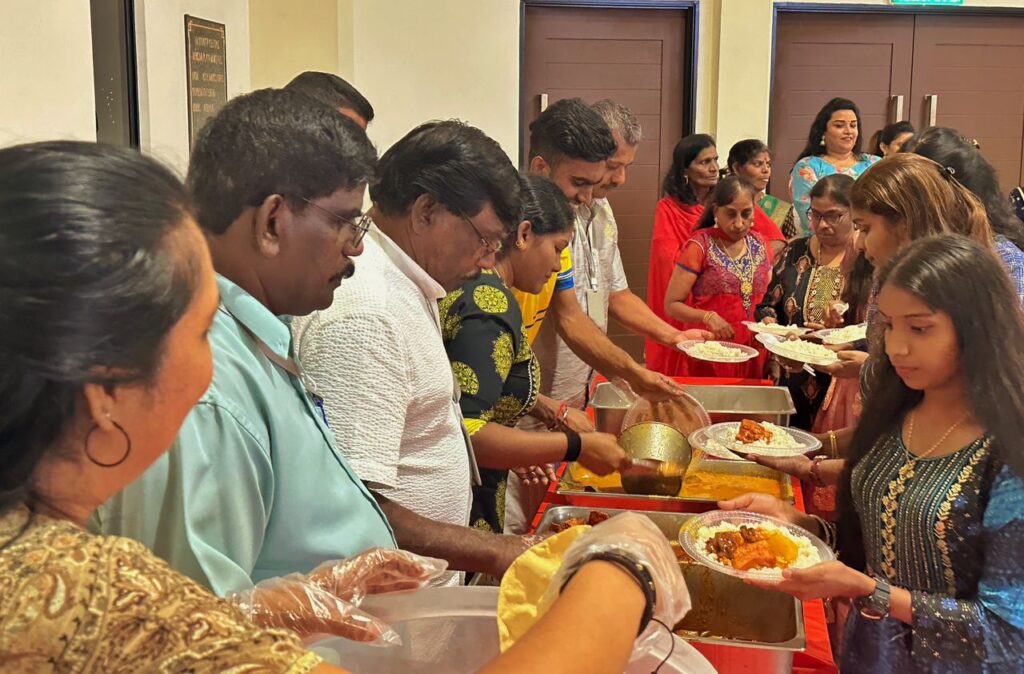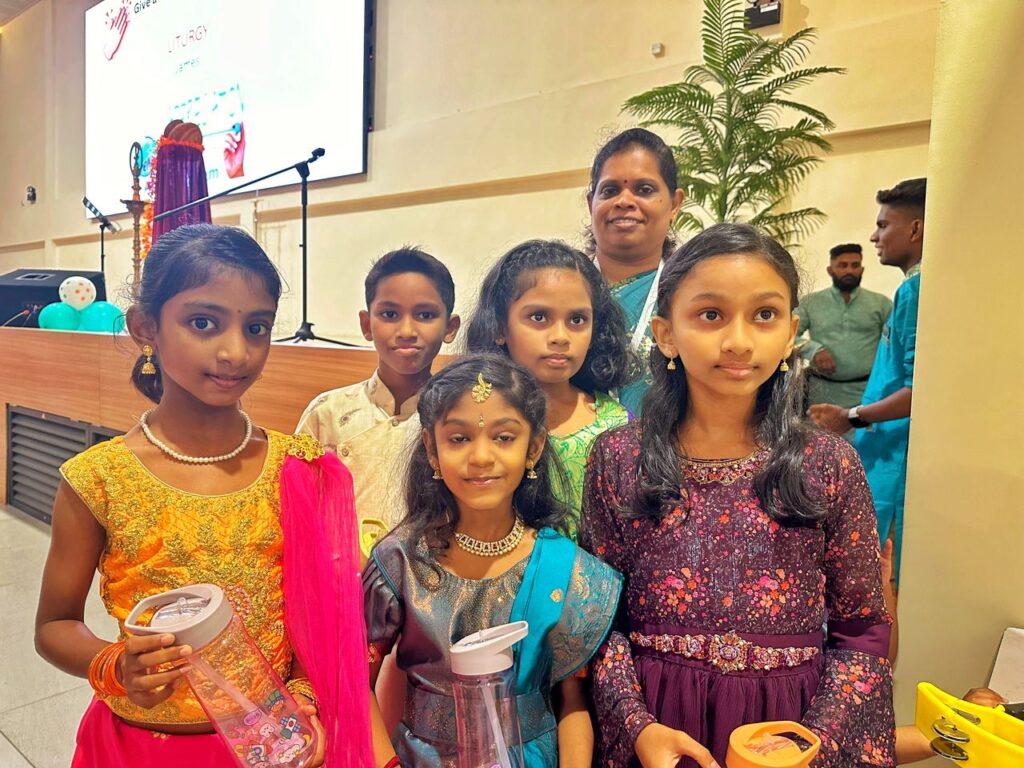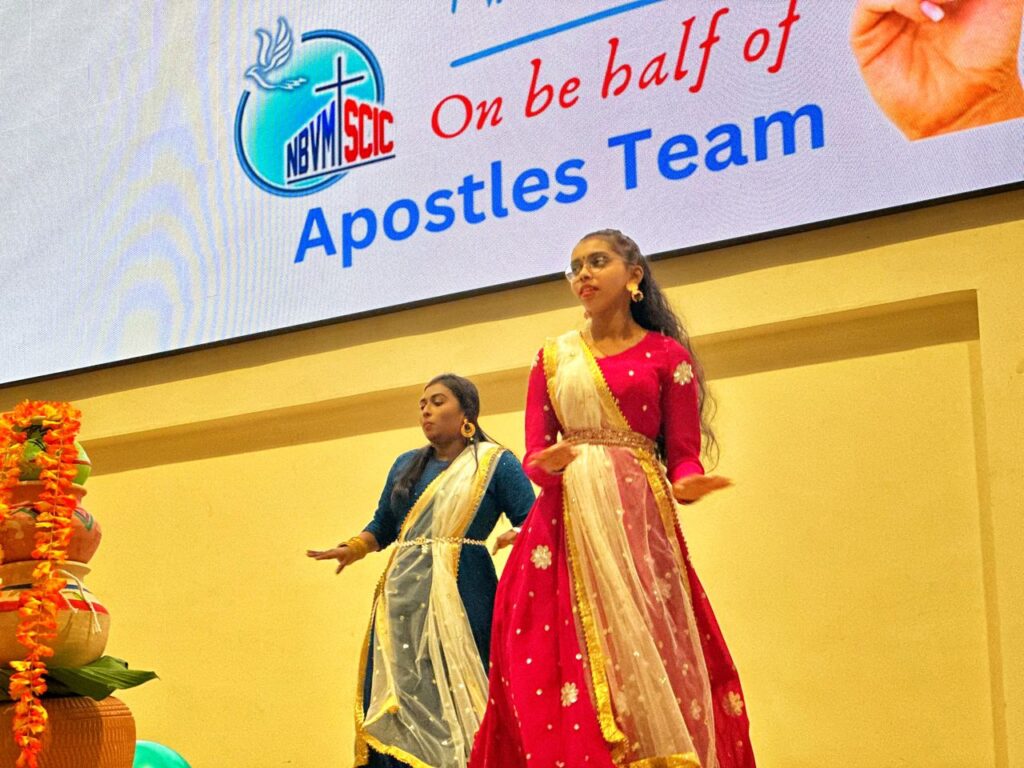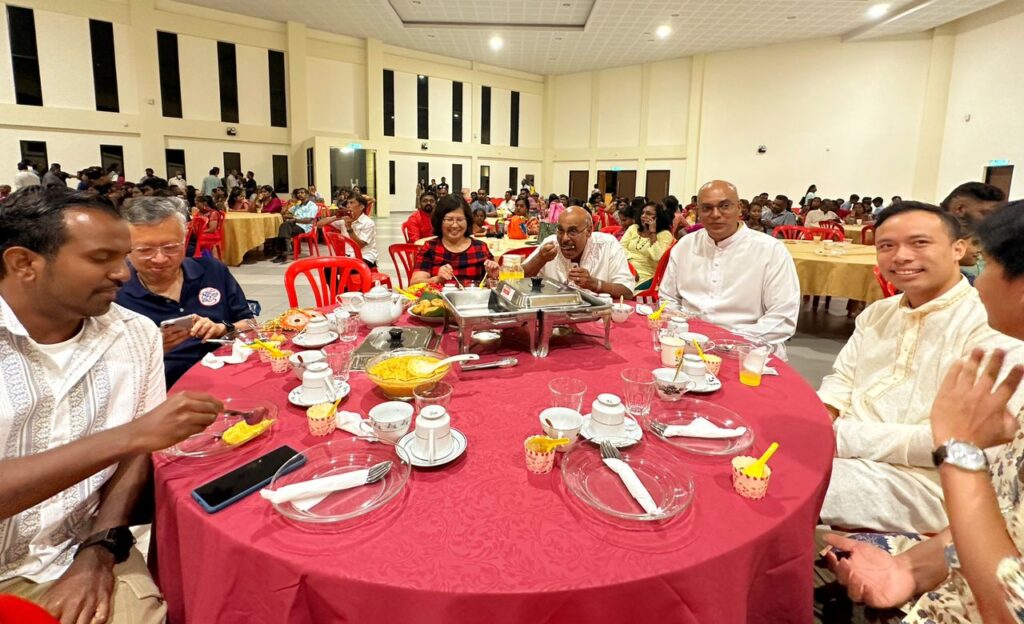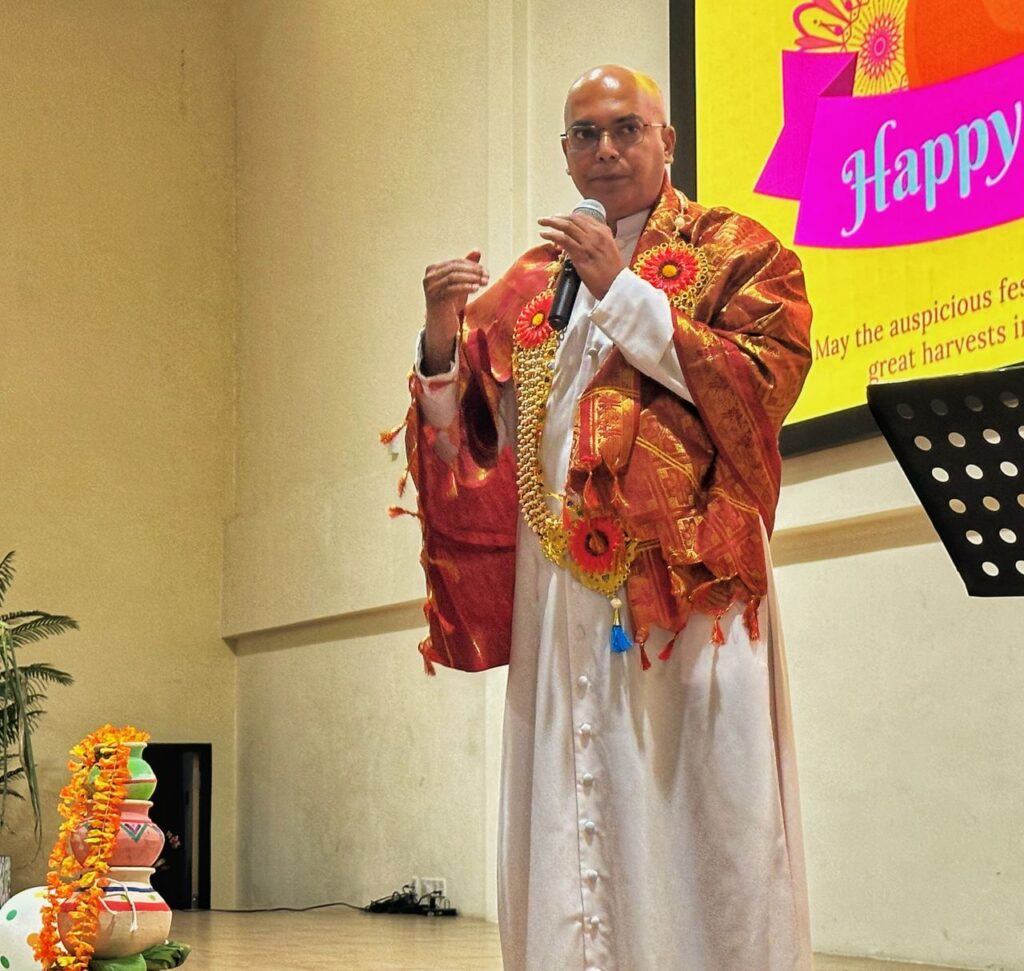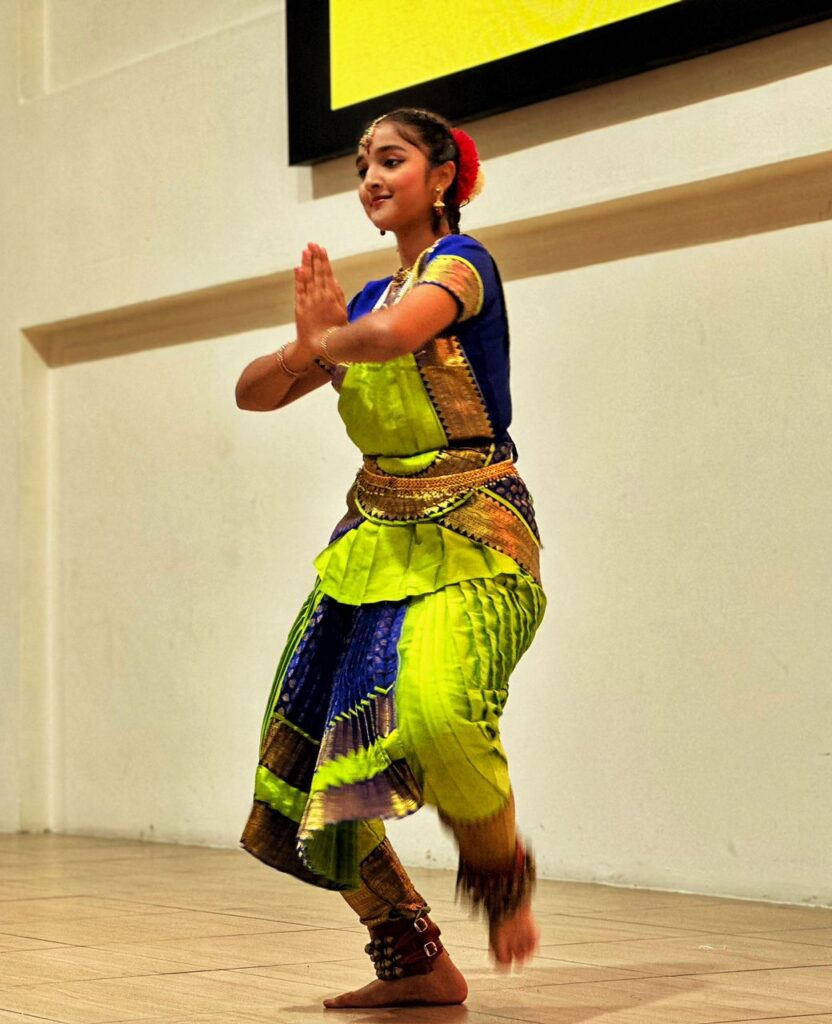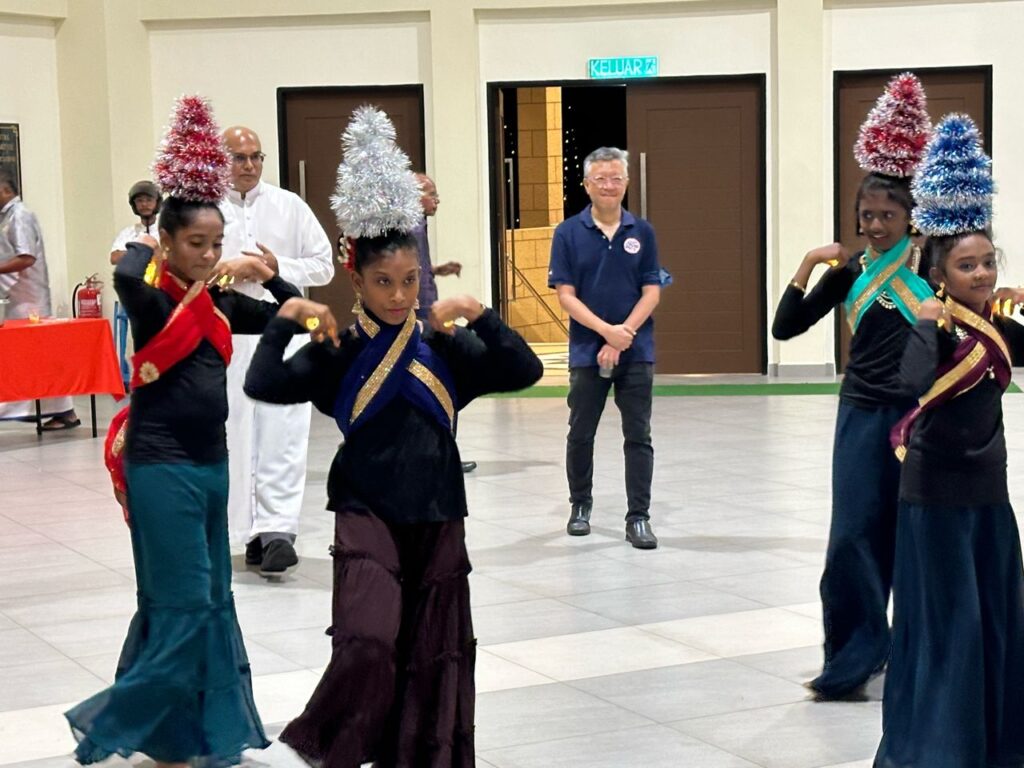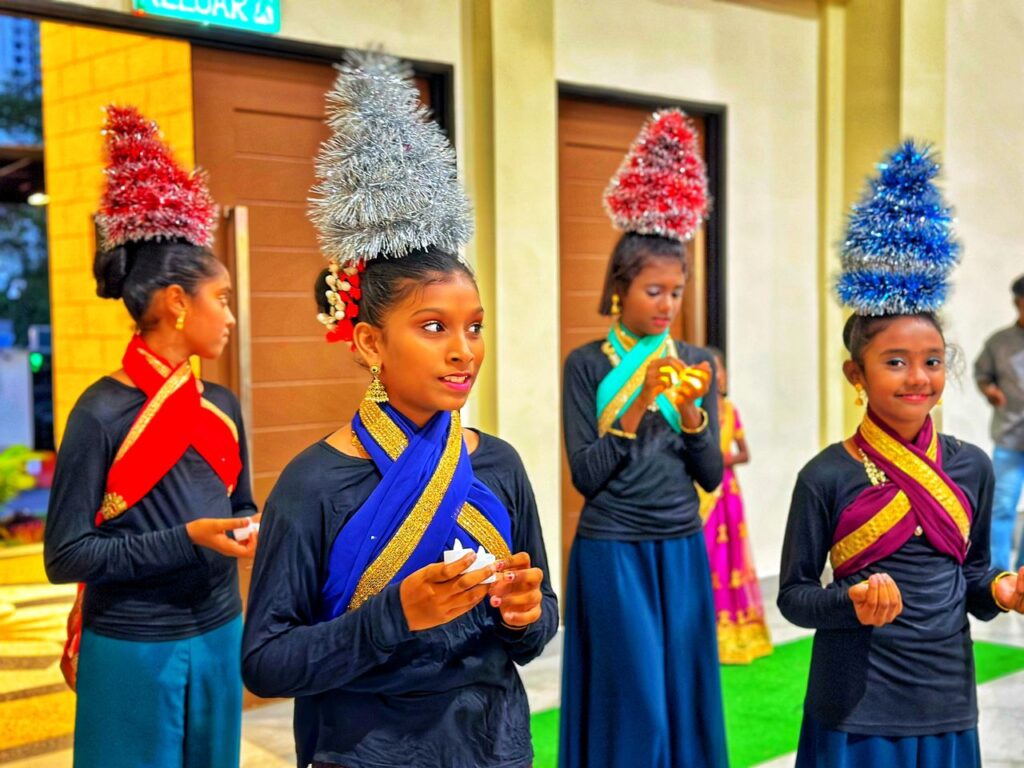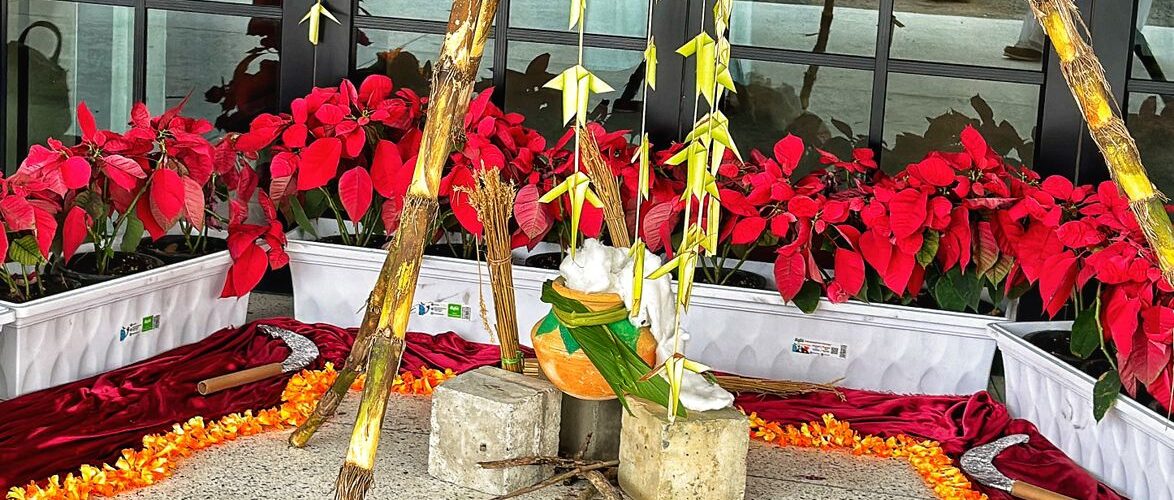Pongal: Be a Blessing to Others
Pongal is celebrated by people of Tamil descent to thank Mother Nature for producing a bountiful harvest. It is celebrated in the ‘month of Thai’ which marks the start of the Tamil calendar month. The four days of festivity starts with Bogy which is spring cleaning and discarding all the unnecessary items in the house as to prepare for the celebration of Thai Pongal which signifies a new beginning. Next Maattu Pongal,a thanksgiving for the cows that help farmers in their produce. Followed by it is the Kannum Pongal signifying the bond of love and care between brothers and sisters.
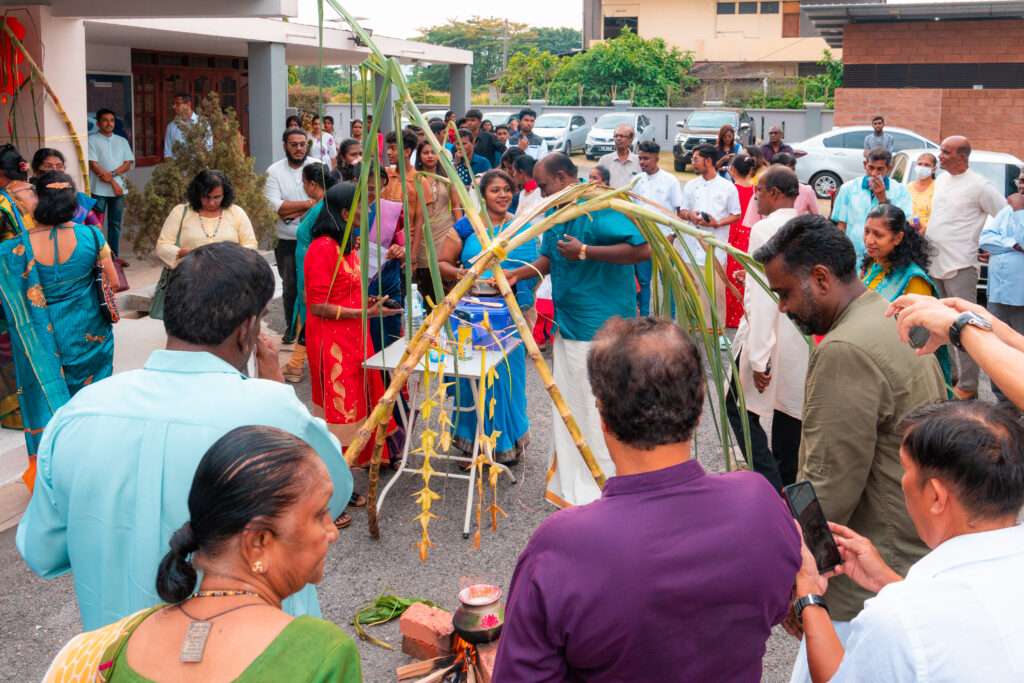
The parishioners of the Church of the Nativity of the Blessed Virgin Mary (NBVM) and SCIC joyfully celebrated Pongal on the 21st January 2024 at around 5.30pm with an opening prayer by Bro.Ron. As milk began to boil and overflow, everyone gathered at the entrance of the church cheered “pongalo pongal” 3 times signifying the overflowing of abundance, joy and happiness.
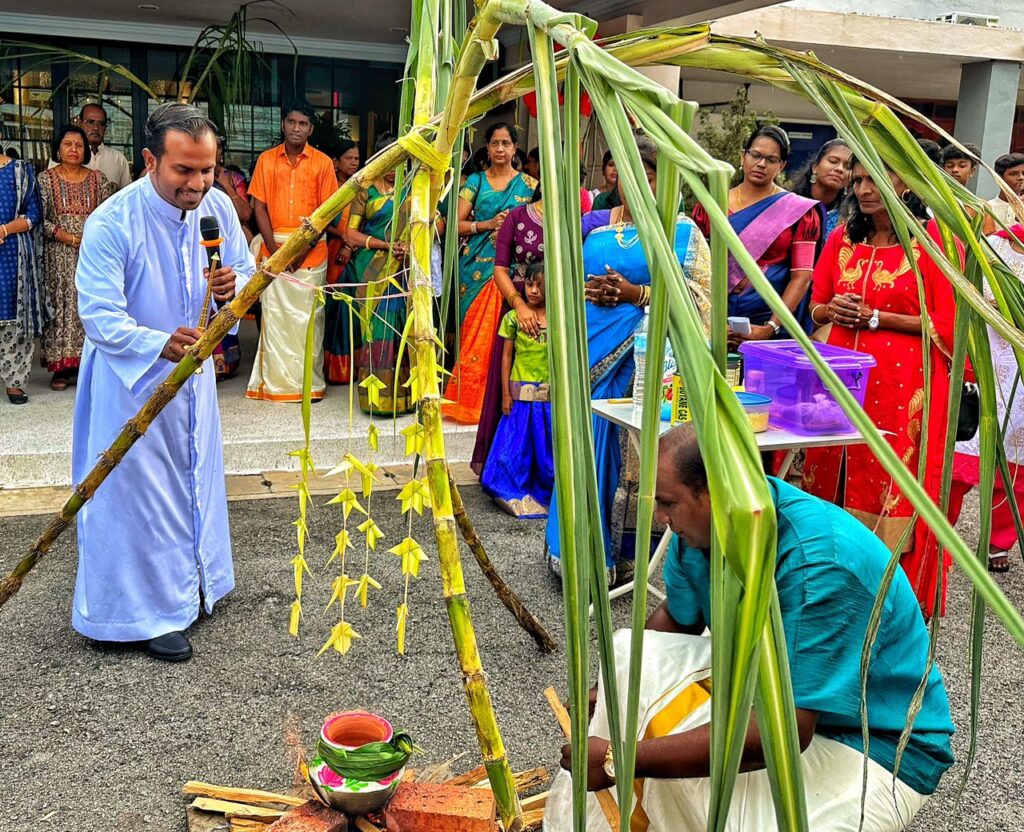
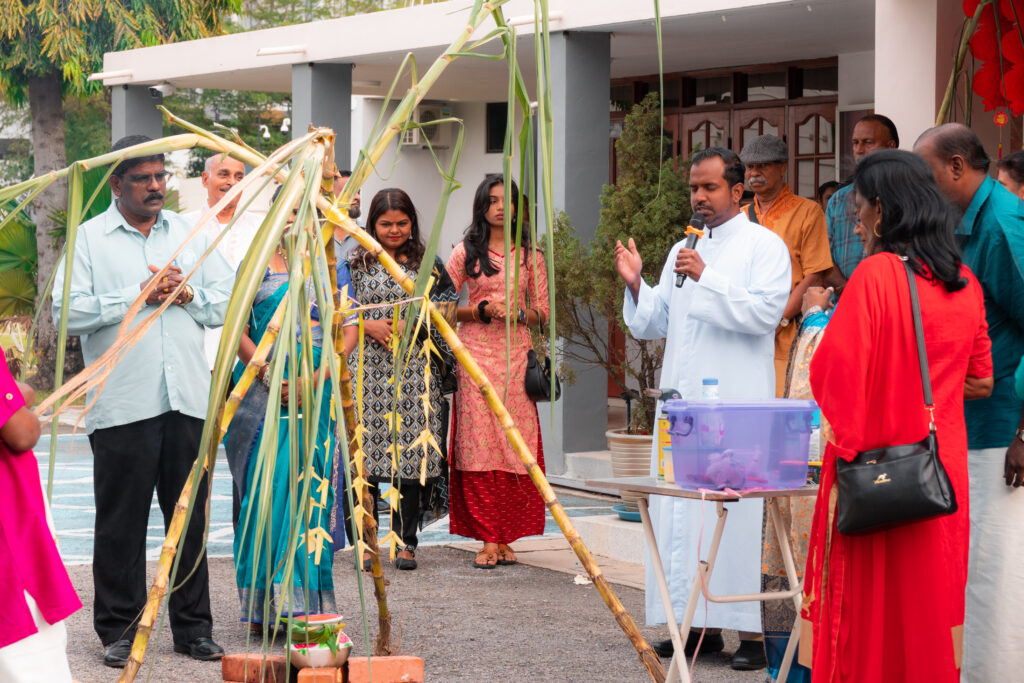
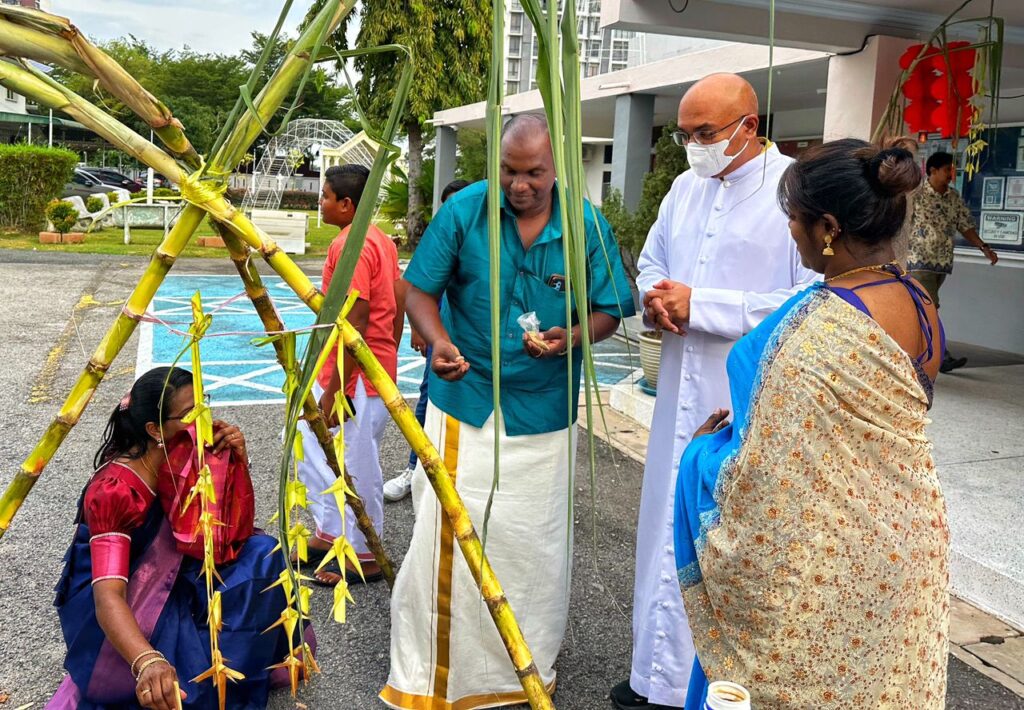
In his homily, Fr.Dom related the Gospel reading from Mark 1: 14-20 “Come after me, and I will make you to become fishers of men” to the Pongal celebration. He explained that we are as disciples are called to follow Jesus and be a blessing to those around us. The Pongal celebration reminds us of the many blessings we receive and in return to share with those around us. We can celebrate every festival but the main aim should be always giving glory to God. He then explained the 7 main things used in Pongal Celebration and their significance.
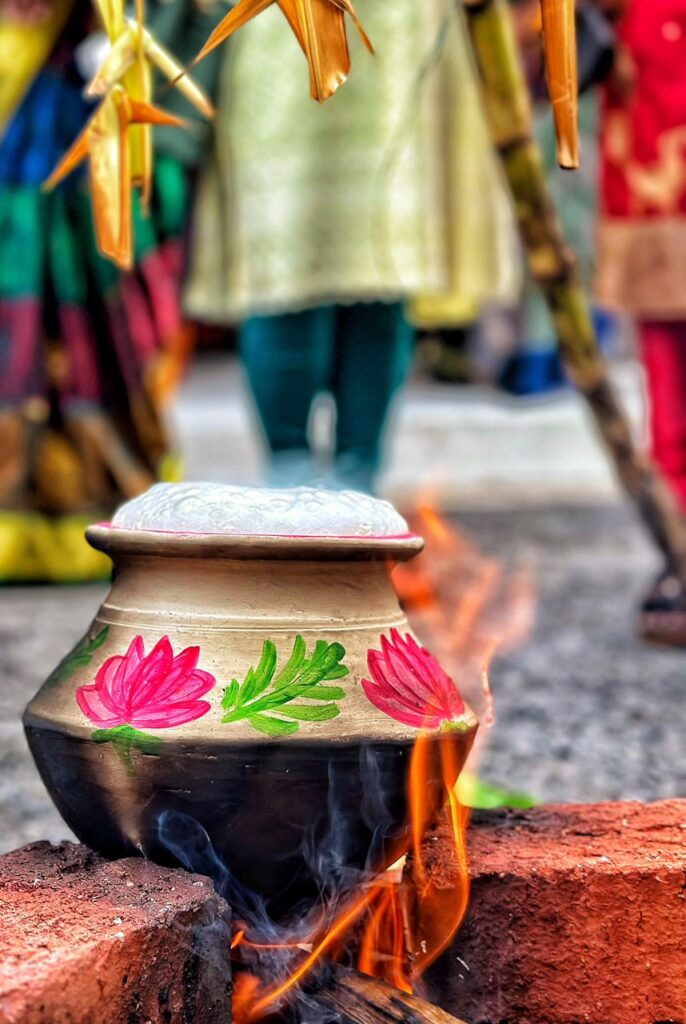
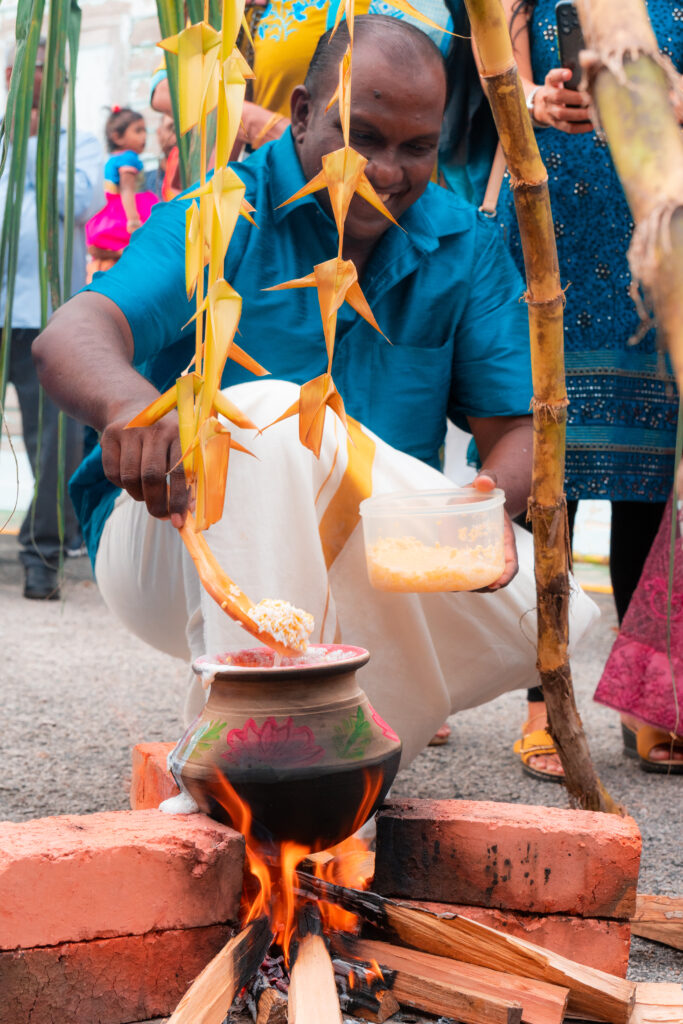
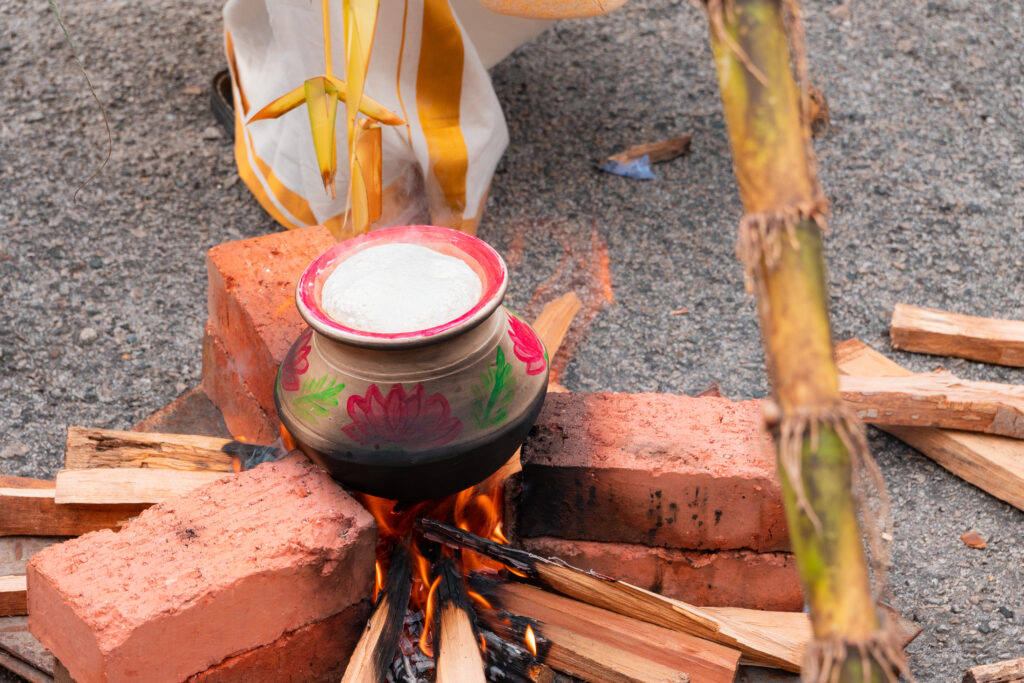
The wood which burns itself to help in the cooking symbolizes the sacrifices. Likewise, sometimes we need to make sacrifices.
The fire in between the wood and pot helps in burning the wood to cook represents our emotions which like the fire can be a friend or an enemy, it depends on how we use and control the fire within us.
The pot, is essential as it placed between the fire and food and if it breaks or cracks, we will lose the Pongal rice. In the same way, our life is like the pot, we need to be strong and cope with what life throws at us.

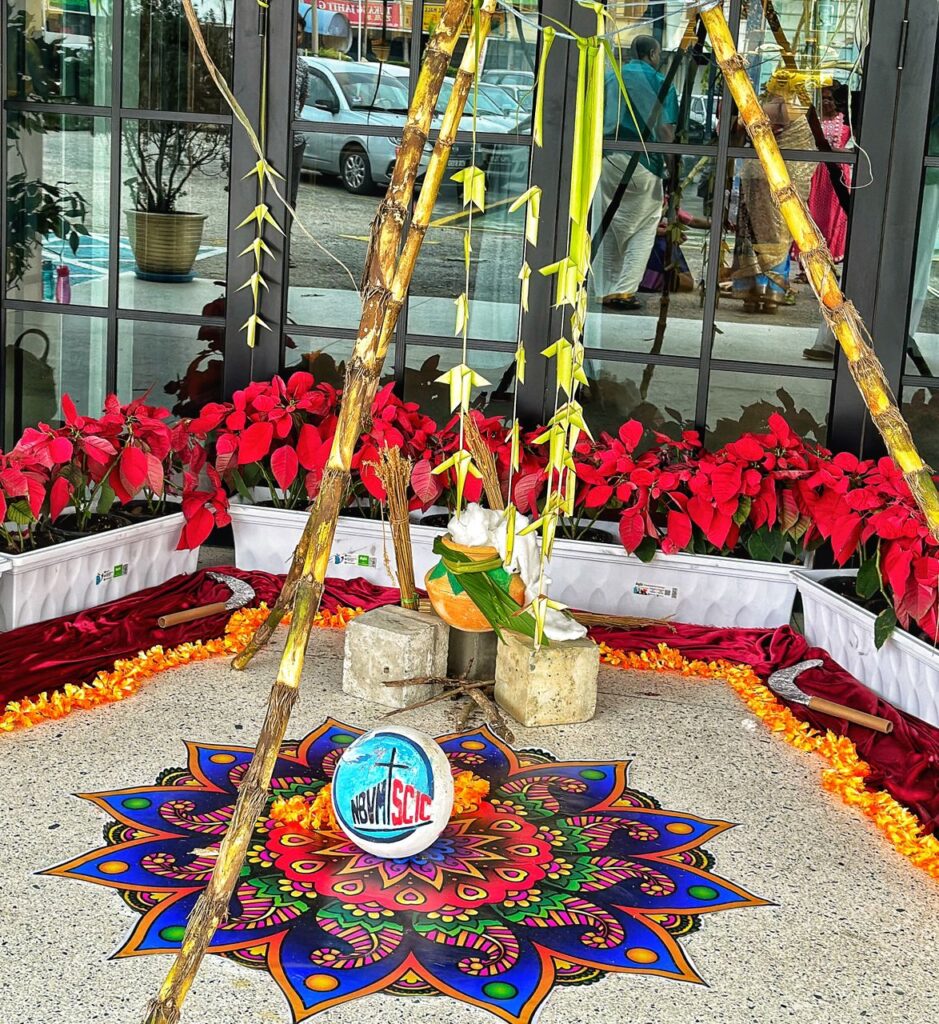
The overflowing milk symbolises of our overflowing daily blessing that we receive in our lives.
The sweets in the Pongal such as the cashew nuts, rice, sugar and many more signifies the mixture of happy feelings and we need to share our happiness with one another.
The sugar cane represents collectiveness because it grows in bunches and so must we grow as a community.

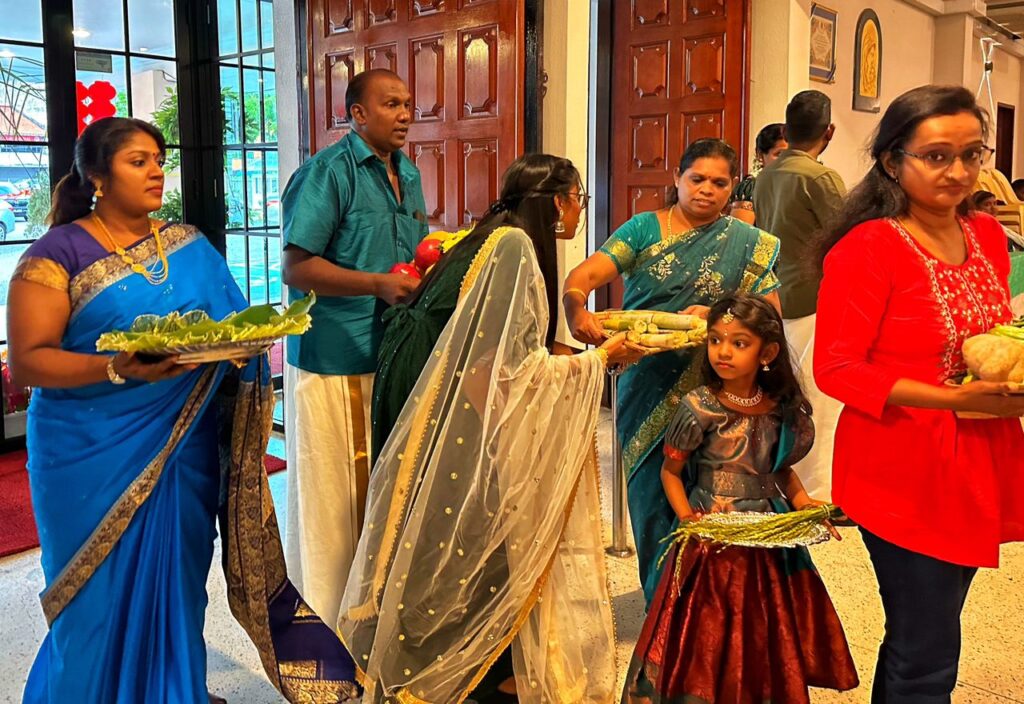

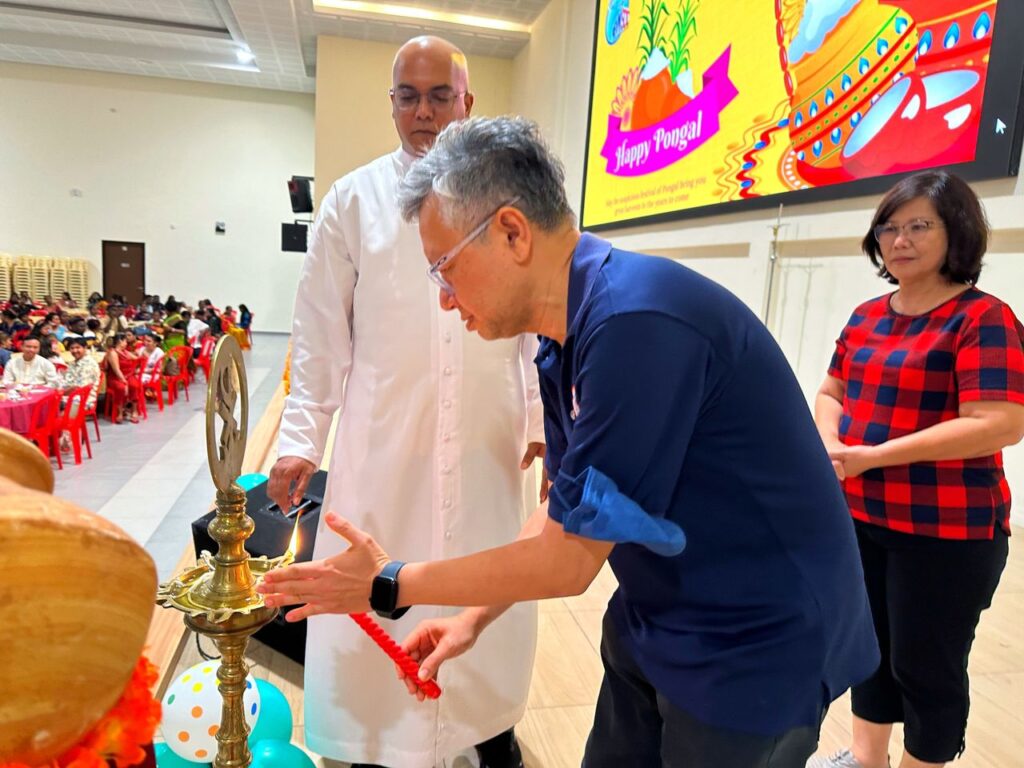
The musical instruments symbolise music which are available for both happiness and sorrow.
The celebration did not stop there as after the mass everyone adjourned to the Nativity Hall to be treated to pongal rice, vadai, chickpeas, payasam and vegetarian dinner. Many, both young to old took part in the cultural performance such as singing and dancing. It was delightful night. Besides that, there were also quizzes and many won attractive prizes. At the end of the celebration the winners for the best traditional dress were announced.(by Anncelia)




